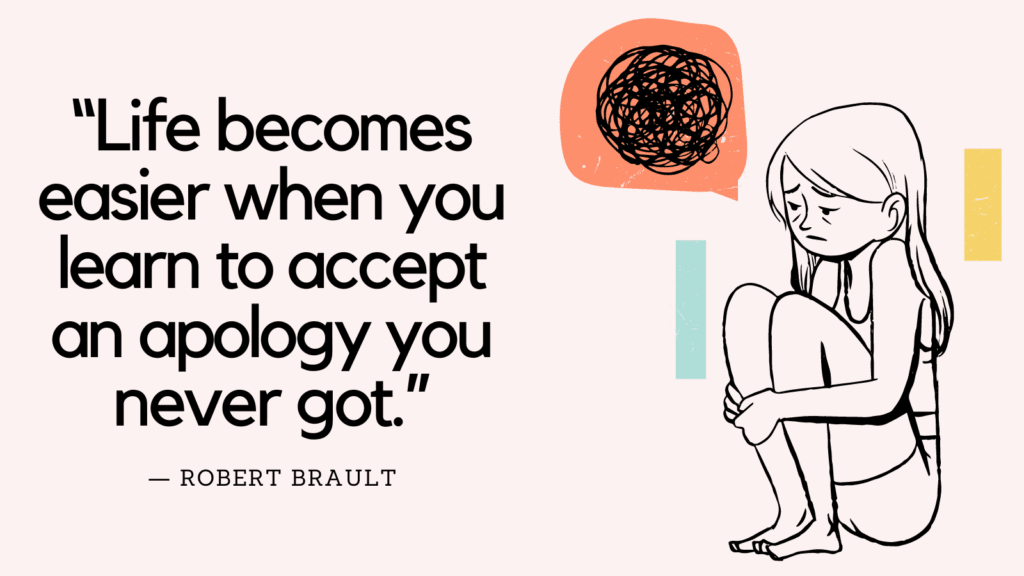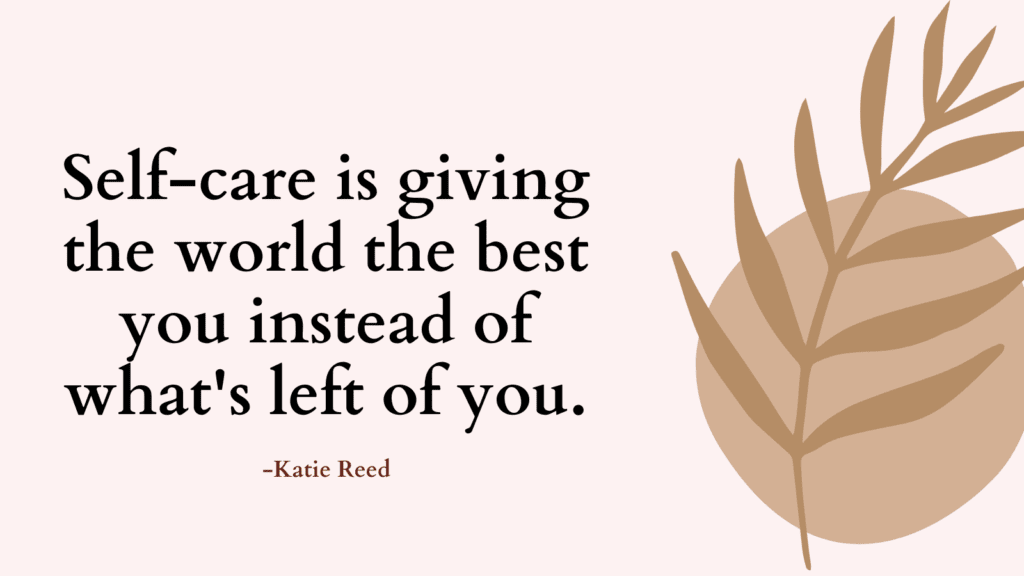Find out if you are a victim of narcissistic abuse by taking the following quiz.
Who Is The Narcissist?
In psychology, narcissism can either be a personality trait or a mental health disorder.
Narcissism As A Mental Health Disorder
Narcissism is one of 10 personality disorders. Experts estimate that up to 5% of people have NPD. (*)
The Diagnostic and Statistical Manual of Mental Disorders, Fifth Edition, Text Revision (DSM-5-TR) describes NPD as “A pervasive pattern of grandiosity (in fantasy or behavior), need for admiration, and lack of empathy, beginning by early adulthood and present in a variety of contexts, as indicated by five (or more) of the following”:
1. Has a grandiose sense of self-importance (e.g., exaggerates achievements and talents, expects to be recognized as superior without commensurate achievements).
2. Is preoccupied with fantasies of unlimited success, power, brilliance, beauty, or ideal love.
3. Believes that he or she is “special” and unique and can only be understood by, or should associate with, other special or high-status people (or institutions).
4. Requires excessive admiration.
5. Has a sense of entitlement (i.e., unreasonable expectations of especially favorable treatment or automatic compliance with his or her expectations).
6. Is interpersonally exploitative (i.e., takes advantage of others to achieve his or her own ends).
7. Lacks empathy: is unwilling to recognize or identify with the feelings and needs of others.
8. Is often envious of others or believes that others are envious of him or her.
9. Shows arrogant, haughty behaviors or attitudes.”
Note: Only a licensed professional in the field of mental health can make a diagnosis of any personality disorder, including NPD.
Narcissism As A Personality Trait
When diagnostic criteria for NPD are not satisfied, narcissism can be a personality trait.
Narcissism can be described as a lack of empathy and self-absorption.
Related: How To Set Boundaries With Narcissistic Parents?
What Is Narcissistic Abuse?
Narcissistic abuse is a form of emotional abuse that comes from someone with narcissistic tendencies.
People with narcissistic tendencies have low empathy, which can cause them to hurt and abuse others.
Narcissistic Abuse Techniques
Narcissistic abuse includes the use of the following manipulation techniques:
Gaslighting: when someone is trying to gaslight you, they’re trying to sow confusion and make you doubt your own reality by twisting or distorting facts.
Triangulation: when someone is using triangulation, they will pull a third person into your conflict to reinforce their position.
Hoovering: This tactic is used to “suck” victims back into toxic relationship cycles. The narcissist may engage in love bombing, stalking, or smear campaigns to vacuum up any happiness or positivity the other person may be experiencing.
Guilt-Tripping: In order to maintain a sense of control and power, the narcissist might make accusations to provoke you into feeling guilty.
These tactics can damage your self-esteem over time.
Related: 8 Stages Of Healing After Narcissistic Abuse (+FREE Breakup Recovery Worksheets)
Are You A Victim of Narcissistic Abuse Quiz
Results
#1. Do they often try to make you look bad in front of others in order to maintain their image of perfection?
#2. Do they shift the blame whenever you point out problems or question their behavior?
#3. Do you often second-guess yourself after leaving the interaction?
#4. Do they often completely ignore and overstep your boundaries?
#5. Do they often give you the silent treatment until you do what they want?
#6. Are they nit-picky, criticizing you for everything, including your behavior, appearance, and even the sound of your voice?
We will not sell your information. All results are kept confidential.
This quiz is for informational purposes only. It is not meant as a diagnostic or assessment tool.
Results
The questions above represent common signs of narcissistic abuse. If you answered yes to most of these questions, then you may be a victim of narcissistic abuse.
Related: How To Get Revenge On A Narcissist? (In Relationships & At Work)

How to Deal With Narcissistic Abuse?
Dealing with narcissistic abuse can be a difficult and complex issue. Here are some tips on how to deal with it:
1. Educate yourself
Learn about narcissistic personality disorder (NPD) and narcissistic abuse.
This knowledge can help you recognize the signs of abuse, understand what you’re dealing with and how best to protect yourself.
Related: Best 10 Books On Narcissistic Abuse
2. Set boundaries
One of the most important things you can do when dealing with narcissistic abuse is to set and maintain healthy boundaries.
This means that you need to clearly communicate what is and isn’t acceptable behavior, and then stick to these boundaries.
Related: How To Set Boundaries With A Narcissist?
3. Seek support
Dealing with narcissistic abuse can be very isolating and overwhelming.
It’s important to seek support from friends, family, or a therapist who can help you work through your feelings and provide you with a safe space to talk about your experiences.
4. Practice self-care
Narcissistic abuse can take a toll on your physical and emotional well-being.
It’s important to prioritize self-care activities like exercise, meditation, and spending time doing things you enjoy.
5. Consider leaving the relationship
If the abuse is severe and ongoing, it may be necessary to leave the relationship in order to protect yourself.
This can be a difficult decision, but sometimes it’s the only way to stop the abuse and begin healing.
Remember, you deserve to be treated with respect, kindness, and compassion.
6. Keep documentation
Keeping an account of the incidents of abuse, including dates and times, can be important if you need to pursue legal action.
Related: Why A Narcissist Won’t Divorce You?
7. Trust your instincts
Finally, trust your instincts and pay attention to any warning signs.
If something feels wrong, it probably is, and you should take steps to protect yourself.








